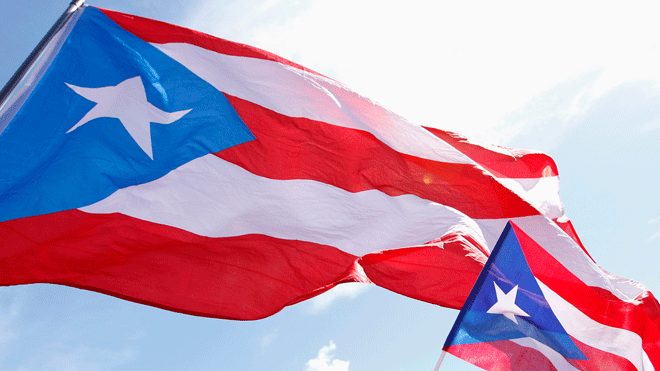
(Reuters)
The myth that statehood is not good for the nation, created and supported by the usual suspects in the island and in Washington, has been dealt a devastating blow.
The Government Accountability Office (GAO) has published the findings on how statehood for Puerto Rico would affect selected federal programs and revenue sources. The report clearly reveals that the state of Puerto Rico will not have a negative economic fiscal implication on the Federal Treasury. The bottom line is that in only five federal programs the island will see an increase of $5,465 million and individuals and corporations will contribute $7,200 million ($2.2 billion by individuals and $5 billion by corporations) to the nation’s treasury annually.
By sabotaging the free and democratic decision of the electorate, the enemies of statehood in the island and in Washington have unilaterally decided to condemn the people of Puerto Rico to dire economic disadvantages.
It is important to note that 7 out of 10 households in Puerto Rico will not pay taxes, and 70 percent of that amount will be paid by corporations. On the other hand, GAO also indicates that various federal programs – like Medicaid and the Affordable Care Act – were not considered in their analysis. The fact is that the state of Puerto Rico will receive over $4,400 million in those programs annually. The report validates what has been proposed by the majority of the residents of the island; statehood is not only beneficial for Puerto Rico but also for the nation.
Statehood, as stated in the report, will definitively raise Puerto Rico visibility as a place for United States producers to locate and would eliminate any risk associated with the island’s uncertain political status and any related deterrent to business investment, thus creating new and multiple job opportunities for the people of Puerto Rico. It is a historic fact that the economic activity, in both Alaska and Hawaii, flourished and grew exponentially after they became states.
On November 2012, the people of Puerto Rico decided to reject the actual territorial/colonial status in a very clear fashion (54 percent of cast ballots). On the other question posed in the ballot, they selected statehood as their preferred permanent status solution (64 percent of valid ballots).
The GAO report dramatically supports the decision taken by the majority of Puerto Ricans on November 2012. The figures show it is the right decision. Statehood not only recognizes the fundamental civil rights of the American citizens that live in the island, as they will vote for the Commander in Chief, two Senators and six members of Congress, but also gives them the opportunity to enjoy the economic prosperity and quality of life that their fellow citizens enjoy in the states. Prosperity and quality of life that more than 4.6 million Puerto Ricans are enjoying after being forced to relocate to the states.
GAO facts and figures confirm that the median household income in Puerto Rico, after more than 100 years of the actual territorial/colonial status, is $18,160, compared to $36,919 for the lowest of the states, as opposed to $50,502 which is the median of the 50 states. Statehood will definitively give the island’s residents the opportunity to strive for economic growth.
Notwithstanding the clear and unquestionable facts and figures revealed and confirmed by the GAO report, facts further prove the irreparable damages inflicted to the residents of the island by the actual territorial/colonial status. By sabotaging the free and democratic decision of the electorate, the enemies of statehood in the island and in Washington have unilaterally decided to condemn the people of Puerto Rico to dire economic disadvantages and lack of opportunities.
Puerto Ricans spoke firmly in November 2012. GAO has spoken in March 2014. Now, it is Congress turn to speak by enabling the passage of H.R. 2000, the “Puerto Rico Status Resolution Act.”
Statehood is the moral, democratic, and economic solution to redress the damages inflicted by the centenary territorial/colonial status to the people of Puerto Rico.








































